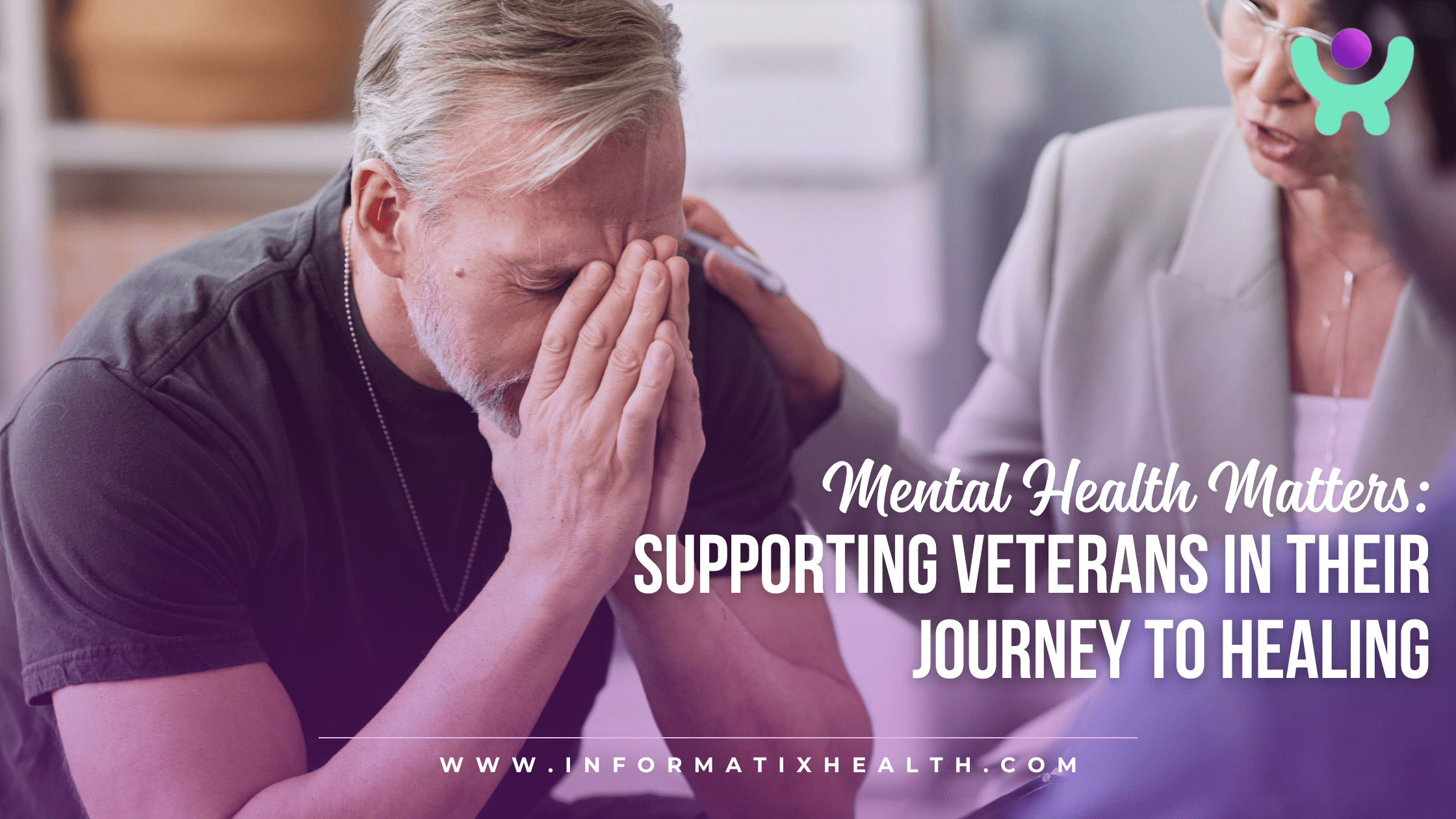Mental health care is a critical component of overall health for veterans, as they often face unique challenges stemming from their service. The transition from military to civilian life can be fraught with difficulties, including the psychological aftermath of combat and other service-related experiences. Understanding and addressing these mental health issues is essential for promoting healing and well-being among veterans.
Common Mental Health Issues
Veterans frequently encounter several mental health challenges, with Post-Traumatic Stress Disorder (PTSD) and depression being among the most prevalent.
- Post-Traumatic Stress Disorder (PTSD): PTSD affects many veterans who have experienced traumatic events during their service. Symptoms may include flashbacks, nightmares, severe anxiety, and uncontrollable thoughts about the event. According to the U.S. Department of Veterans Affairs (VA), approximately 11-20% of veterans who served in Operations Iraqi Freedom and Enduring Freedom have PTSD in a given year.
- Depression: Depression is another significant issue, affecting veterans’ quality of life and their ability to function daily. The VA estimates that about 1 in 5 veterans suffers from depression. Symptoms can include persistent sadness, loss of interest in activities, and feelings of worthlessness or hopelessness.
These mental health issues can lead to a range of negative outcomes, including substance abuse, relationship problems, and an increased risk of suicide. In fact, the VA reports that veterans are at a higher risk of suicide compared to the general population, with approximately 17 veterans dying by suicide each day.
Importance of Mental Health Care
Access to mental health care is vital for veterans to navigate their healing journey. Mental health care can help veterans:
- Process traumatic experiences and develop coping strategies.
- Rebuild relationships and improve social functioning.
- Manage symptoms of PTSD, depression, and anxiety.
- Enhance overall quality of life and promote resilience.
Effective treatments for PTSD and depression include psychotherapy (such as Cognitive Behavioral Therapy and Eye Movement Desensitization and Reprocessing), medication, and support groups. Engaging in these therapeutic modalities can significantly improve veterans’ mental health outcomes.
Resources for Support and Treatment
Fortunately, there are numerous resources available to veterans seeking mental health support:
- U.S. Department of Veterans Affairs (VA): The VA offers a range of mental health services, including crisis intervention, counseling, and support groups. Veterans can access services through their local VA medical centers or by visiting the VA Mental Health website.
- Veterans Crisis Line: This is a free, confidential resource available 24/7 for veterans in crisis. Veterans can call 1-800-273-8255 and press 1, or text 838255 for immediate support.
- National Alliance on Mental Illness (NAMI): NAMI provides resources and support for individuals experiencing mental health issues. Their Veterans Resource page offers information tailored to veterans and their families.
In conclusion, mental health care is essential for veterans as they navigate the challenges of transitioning back to civilian life. By understanding the common issues they face and utilizing the resources available, we can support veterans in their journey to healing and ensure that they receive the care they deserve.
Supporting Veterans’ Mental Health: Accessing the Care They Deserve
Veterans have sacrificed so much in service to our country—ensuring they receive the mental health care they need is crucial. If you or a loved one is a veteran struggling with PTSD, depression, or other mental health challenges, know that help is available. Seeking support can be the first step toward healing and a better quality of life.
If you need compassionate home health care that prioritizes both physical and mental well-being, reach out to Informatix Health today. Let’s work together to support our heroes on their journey to wellness.


